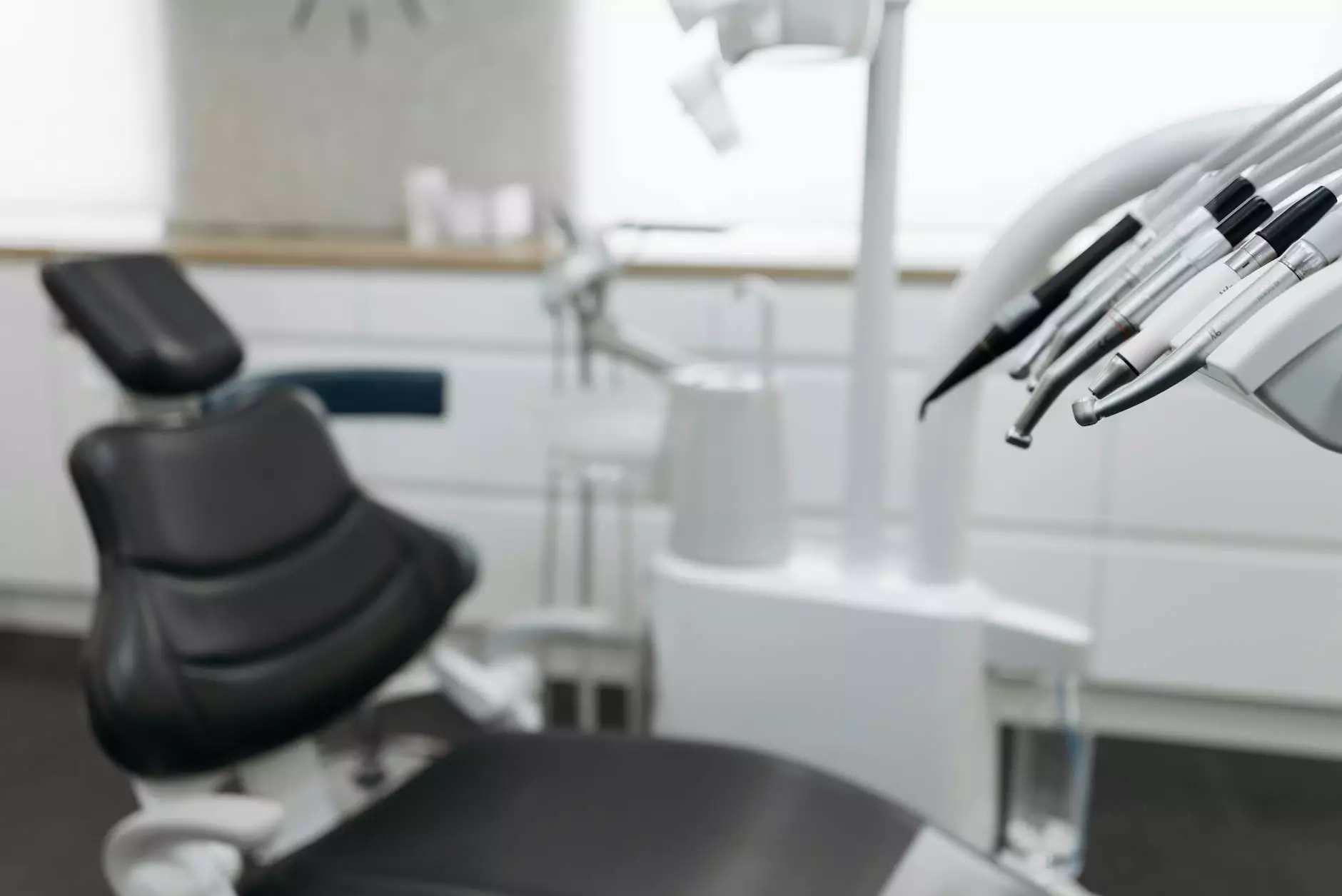Understanding Skin Discoloration After Surgery

Skin discoloration after surgery is a common phenomenon that many patients experience during the healing process. While this condition can be temporary for most patients, understanding its causes, implications, and management strategies is essential to ensure a quicker and more effective recovery. In this comprehensive guide, we will delve into the various facets of skin discoloration following surgical procedures, offering essential information for both patients and healthcare providers.
What Causes Skin Discoloration After Surgery?
The causes of skin discoloration after surgery can be multifaceted and vary from person to person. Some primary factors include:
- Injury to Blood Vessels: Surgical procedures often involve cutting through skin layers and sometimes blood vessels. The resulting bruising can lead to areas of discoloration.
- Post-Inflammatory Hyperpigmentation: Following inflammation that might occur post-surgery, the body may produce excess melanin, leading to dark patches on the skin.
- Allergic Reactions: Some patients may experience allergic reactions to surgical materials like sutures, which can also result in discoloration.
- Skin Type: Certain individuals may be more prone to discoloration based on their skin type or genetic predispositions.
Common Types of Skin Discoloration
Patients may experience several types of skin discoloration after undergoing surgery, including:
1. Bruising
Typically appearing as blue or purple marks, bruises result from blood vessels breaking under the skin. As the bruise heals, colors may change to yellow or green before fading away.
2. Hyperpigmentation
Hyperpigmentation is characterized by darkened areas on the skin. It can be triggered by inflammation, resulting in overproduction of melanin in the affected area.
3. Hypopigmentation
Hypopigmentation occurs when there is a loss of Skin pigmentation, leading to lighter patches. This can happen due to damage to pigment-producing cells during surgery.
4. Scarring
While not traditional discoloration, scars can often be darker or lighter than surrounding skin and can become more pronounced depending on healing.
How Long Does Skin Discoloration Last?
The duration of skin discoloration after surgery can vary significantly based on the individual, the type of surgery, and the body's healing process. Generally, bruising may fade within a few weeks, while hyperpigmentation can take longer to resolve, sometimes persisting for several months. It's important for patients to consult their surgeon for personalized timelines and expectations.
Preventing Skin Discoloration After Surgery
While it may not be possible to completely avoid skin discoloration after surgery, several strategies can help minimize its occurrence. Consider the following:
- Follow Preoperative Instructions: Adhering to preoperative guidelines can enhance healing and minimize complications that lead to discoloration.
- Apply Ice: Using ice packs on the surgical area immediately after the procedure can reduce swelling and bruising.
- Stay Hydrated: Keeping the body well-hydrated promotes better skin health and healing.
- Avoid Sun Exposure: Protecting the skin from sun exposure during the healing phase can prevent additional discoloration.
Treating Skin Discoloration After Surgery
Management and treatment of skin discoloration after surgery can significantly impact a patient's comfort and self-esteem. Here are some effective treatment options:
1. Topical Treatments
Over-the-counter creams containing ingredients like hydroquinone, kojic acid, or retinoids can help lighten hyperpigmented areas. It’s advisable to consult a dermatologist before starting any treatment.
2. Laser Therapy
For persistent discoloration, laser therapy can be a viable option. Various laser treatments help to target and break down excess melanin in the skin.
3. Chemical Peels
Chemical peels utilize acids to exfoliate the skin, promoting new skin growth and reducing the visibility of discoloration.
4. Microneedling
This treatment involves tiny needles creating micro-injuries to the skin, promoting an enhanced healing response and potentially reducing discoloration over time.
Consulting Medical Professionals
It's essential to engage with healthcare providers if skin discoloration occurs after surgery. Truffles Vein Specialists, with its expert team in vascular medicine, offers tailored advice and treatment solutions for individuals experiencing post-surgical discoloration. Their specialized knowledge ensures that patients receive comprehensive evaluations and appropriate interventions for skin-related concerns.
Conclusion
In conclusion, understanding skin discoloration after surgery is crucial for patients navigating the recovery process. With proper knowledge of its causes, preventive measures, and effective treatment options, individuals can effectively manage their skin's appearance post-surgery. Always consult healthcare professionals for personalized advice and treatment plans tailored to specific needs.
For more information on skin-related issues following surgical procedures or to schedule a consultation with our experts at Truffles Vein Specialists, don’t hesitate to reach out. We are committed to supporting your health journey every step of the way!









